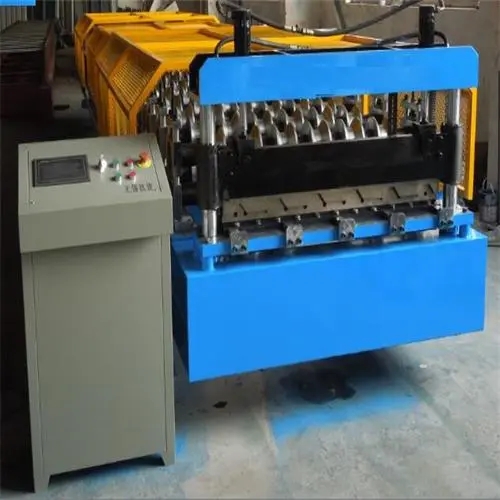
The Process of Wall Tile Making Machines
The demand for durable and aesthetically pleasing wall tiles has led to significant advancements in manufacturing technologies. Wall tile making machines play a critical role in the production of high-quality tiles, catering to both residential and commercial needs. Understanding how these machines operate, the technology involved, and the benefits they bring can provide valuable insights into the ceramics industry.
The Importance of Wall Tiles
Wall tiles are essential in various applications, ranging from bathrooms and kitchens to living spaces and commercial establishments. They not only enhance the aesthetic appeal of these areas but also contribute to environmental sustainability. Tiles are easy to maintain, resistant to moisture, and provide insulation, making them a preferred choice for many builders and homeowners.
Overview of Wall Tile Making Machines
Wall tile making machines are specifically designed to manufacture ceramic tiles through a series of precise processes. These machines can produce tiles of various sizes, colors, and textures to suit diverse customer preferences. Typically, the production process involves several stages, including batching, mixing, forming, drying, glazing, and firing.
1. Batching The production process begins with the accurate measurement of raw materials, which typically include clay, feldspar, kaolin, and other additives. Advanced batching systems ensure that the correct proportions are used, leading to consistent product quality.
2. Mixing Once the raw materials are batched, they are mixed to form a homogenous body. The mixing process is crucial, as it determines the workability and durability of the tiles. The addition of water is carefully controlled to achieve the desired consistency.
3. Forming After mixing, the tile body is formed using various techniques such as pressing, extrusion, or casting. In modern machines, hydraulic presses are commonly used to create uniform tiles under high pressure, resulting in a denser product with fewer defects.

4. Drying Once the tiles are formed, they undergo a drying process to remove excess moisture. This step is vital to prevent cracking during the subsequent firing stage. Dehumidification systems in sophisticated tile-making machines ensure an efficient and controlled drying environment.
5. Glazing After drying, the tiles are glazed to enhance their appearance and add protective features. Glazing can provide a glossy finish, vibrant colors, and even specific textures. Automated spraying and dipping systems allow for uniform coverage of glaze on each tile.
6. Firing The final step in the tile-making process is firing, where the glazed tiles are subjected to high temperatures in a kiln. This process vitrifies the clay, making the tiles hard and durable. Modern kilns are highly efficient, using advanced technology to control temperatures and reduce energy consumption.
Advantages of Automated Tile Making Machines
The use of automated wall tile making machines comes with numerous benefits. Firstly, automation significantly increases production efficiency, allowing manufacturers to meet large-scale demands quickly. Automated systems reduce human error, ensuring more consistent quality across batches. Furthermore, the advanced technology involved often leads to lower production costs, which can be passed on to consumers.
Sustainability is another key advantage. Modern machines are designed to minimize waste and energy usage. Many tile manufacturers now adopt environmentally friendly practices, such as recycling water and using sustainable raw materials, which resonate with today’s eco-conscious consumers.
Conclusion
As the construction industry continues to evolve, wall tile making machines represent a critical facet of ceramic tile production. Their role in ensuring quality, efficiency, and sustainability cannot be overstated. With ongoing technological advancements, the future of tile manufacturing looks bright, catering to an ever-increasing demand for beautiful and sustainable wall tiles. The combination of innovation, quality craftsmanship, and attention to environmental responsibility will determine the success of tile manufacturers in the competitive market. For anyone involved in the construction or design industries, understanding wall tile making machines is essential for leveraging the full potential of wall tiles in various projects.